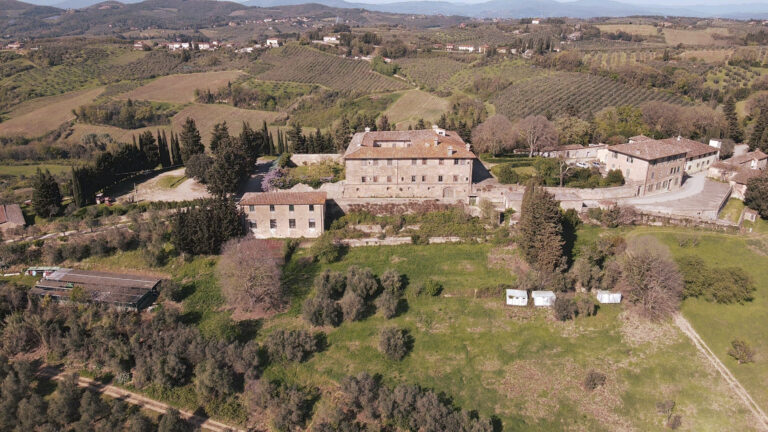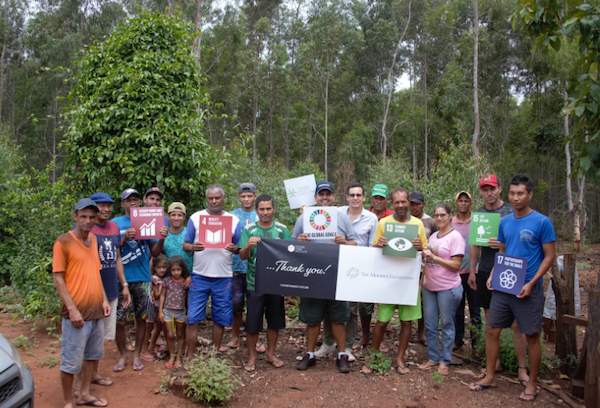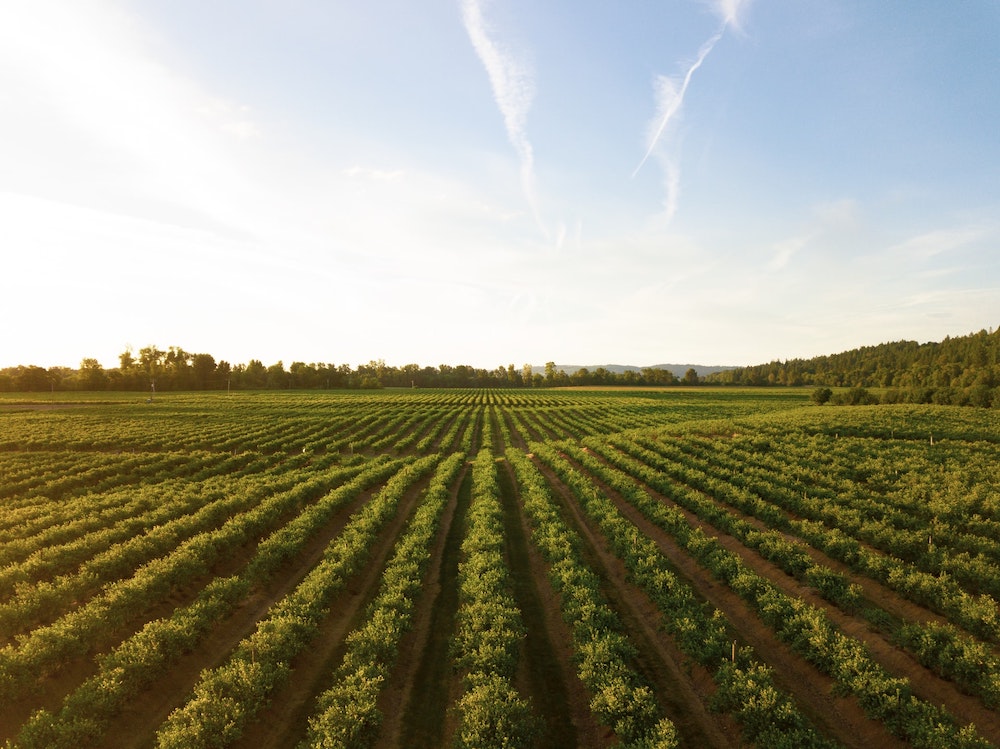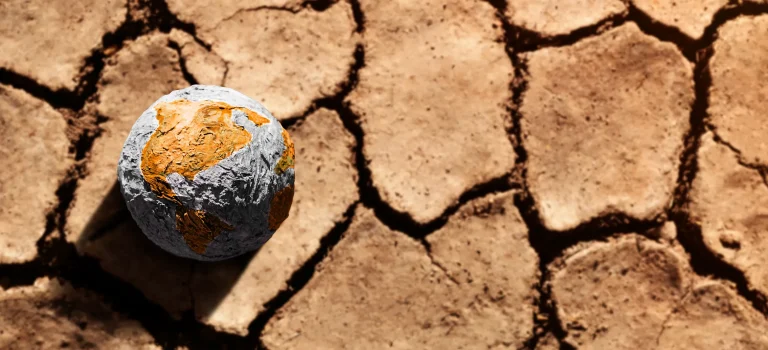
A Project of Innovation and Regeneration at Villa Montepaldi:
Pioneering an Integral Ecological Development Model for “Made in Italy” agri-food excellence Università di Firenze e Future Food Institute & BF spa Florence, November 2024 –
Old-growth or virgin forest host rich terrestrial biological diversity: almost 80% of the known amphibian species, 75% of all known birds, and 68 % of the known mammals – FAO, 2020
Agriculture is by far the major responsible for land use change, with inevitable consequences in terms of modification on the hydrologic cycle and soil degradation – IPCC, 2019
The Earth Regeneration Initiative facilitates reforestation and biodiversity protection through Future Farm and regeneration projects.
We pollute by eating. We eat by overexploiting and wasting. Agriculture is equally the main responsible of the depletion of natural resources but also the main victim of climate change and compulsive exceeding of our planetary boundaries.
To reshape the cities of tomorrow, which are responsible alone of 70% of the global anthropogenic greenhouse gas (GHG) emissions, and to feed a growing population we need to rethink the current patterns of growth starting from a regeneration of the agri-food systems. The agricultural sector needs to increase its resilience and adaptive capacity to climate-related hazards while developing carbon-neutral solutions.
We can restore and regenerate ecosystem services through food production and consumption for the sake of our Planet but also for the human survival itself. It is scientifically proven that by changing our diets, we can encourage the use of regenerative agriculture, thereby changing one of the world’s most important contributors to greenhouse gas emissions, which in turn is one of the sectors most damaged by climate change.
Coinciding with the International Day for Biological Diversity, the Future Food Institute and Farm Tech Society joined together in a Virtual Roundtable for Biodiversity. An occasion to discuss possible solutions to unsustainable agricultural practices which consistently endanger biodiversity preservation which marked the beginning of actionables for biodiversity: an action plan on biodiversity submitted to the EU Parliament.
In collaboration with Moody’s Foundation and Carbon Credit Consulting, the Future Food Institute combined local knowledge and modern innovations through restoration and protection of local forests, mitigation against extreme climatic events, decarbonization, and actions aimed at halting forest degradation and increasing reforestation in Brazil. To date, over 200,000 tons of C02 have been removed from the atmosphere.


Situated in Emilia Romagna, Italy, the Future Farm serves as a playground for startups and businesses who need to manage technologies and improve efficiency in the agricultural field. This initiative features greenhouses, a fablab, laboratories, and plots created to encourage the creation and development of Agtech businesses. The space is also available to host training sessions and school programs.
Paideia for Biodiversity
Paideia for Biodiversity exemplifies the Future Food way of preserving biodiversity: through active preservation, co-creation, and co-participation. This commitment has been officially published on the Convention on Biological Diversity website.

Pioneering an Integral Ecological Development Model for “Made in Italy” agri-food excellence Università di Firenze e Future Food Institute & BF spa Florence, November 2024 –

This week began by celebrating the fifty-third World Earth Day when the same urgency emerges from every corner of our planet- coral reefs to glaciers, forests to

It has been almost a month, and I am still reflecting on what we experienced at the last COP 28 in Dubai. The final text
| Cookie | 期間 | 説明 |
|---|---|---|
| cookielawinfo-checkbox-analytics | 11 months | This cookie is set by GDPR Cookie Consent plugin. The cookie is used to store the user consent for the cookies in the category "Analytics". |
| cookielawinfo-checkbox-functional | 11 months | The cookie is set by GDPR cookie consent to record the user consent for the cookies in the category "Functional". |
| cookielawinfo-checkbox-necessary | 11 months | This cookie is set by GDPR Cookie Consent plugin. The cookies is used to store the user consent for the cookies in the category "Necessary". |
| cookielawinfo-checkbox-others | 11 months | This cookie is set by GDPR Cookie Consent plugin. The cookie is used to store the user consent for the cookies in the category "Other. |
| cookielawinfo-checkbox-performance | 11 months | This cookie is set by GDPR Cookie Consent plugin. The cookie is used to store the user consent for the cookies in the category "Performance". |
| viewed_cookie_policy | 11 months | The cookie is set by the GDPR Cookie Consent plugin and is used to store whether or not user has consented to the use of cookies. It does not store any personal data. |